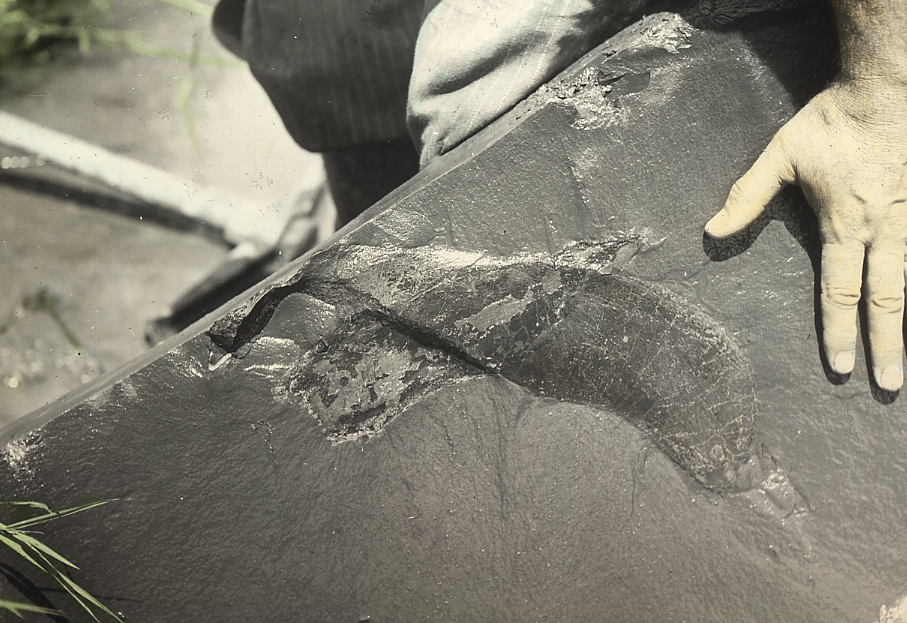Come one, come all. Some of you who read this blog may have already found this through an link over at In the Middle. But, for everyone, here is, straight from the schedule for Kalamazoo this year, the promised SSHMA panel on queering the practice of philology, complete with location and time. I have already been privileged to see some of Mo Pareles' work related to her paper for this session as the ASSC grad conference just the other week (I'll post my own paper from that soon), and it is downright fantastic. I am happy to see this on the horizon.
Session #395: Sex, Theory, and Philology: Queering Anglo-Saxon Studies
Saturday, May 9th @ 10:00 am [Valley I, 107]
Society for the Study of Homosexuality in the Middle Ages (SSHMA), Sponsor
Daniel Remein (New York University), Organizer
Lisa M.C. Weston (California State University-Fresno), Presider
* Eileen A. Joy (Southern Illinois University Edwardsville), "The Light of Her Face was the Voluptuous Index of a Multiplicity of Guthlacs: Desire, Friendship, and Incest in the Lives of Saint Guthlac"
* Mo Pareles (New York University), "The Reflexivity of the Unclaenum Gaste: The West Saxon Gospels and the Vocabulary of Self-Mutilation"
* Daniel Remein, "Eddies of Time, Licks of Language: Wulf and Eadwacer and the Queer Time of Old English Philology"
* Stacy Klein (Rutgers University), RESPONSE
Sex, Theory, and Philology: Queering Anglo-Saxon Studies
Taking a hint from Carolyn Dinshaw's claim that an affective historiography could queer historiography itself, as well as the 2008 BABEL session at Kalamazoo titled "Is there a Theory in the House of Old English Studies?," this session especially aims to consider the significance that a Queer history of Anglo-Saxon writing has for contemporary Queer communities. Papers will consider not only a mapping of queer literary history in the Anglo-Saxon period, but also the specific ways that we might queer the very procedures of study for those texts in question. Under examination will be the potential for Queer pleasure in the practice of philology, Queer desire specific to Old English texts, as well as how Queer theory and philology might be better understood as working together—in opposition to traditional views of the opposition of theory and philology. The session will thus provide for possible new discoveries and new directions in the role of Queer theory in Anglo-Saxon studies, while also considering how Anglo-Saxon studies can in turn make theoretical interventions in the contemporary.
Thursday, March 12, 2009
Subscribe to:
Post Comments (Atom)

2 comments:
I'll be there! Wonderful, and triple wonderful.
Gorgeous!
Post a Comment